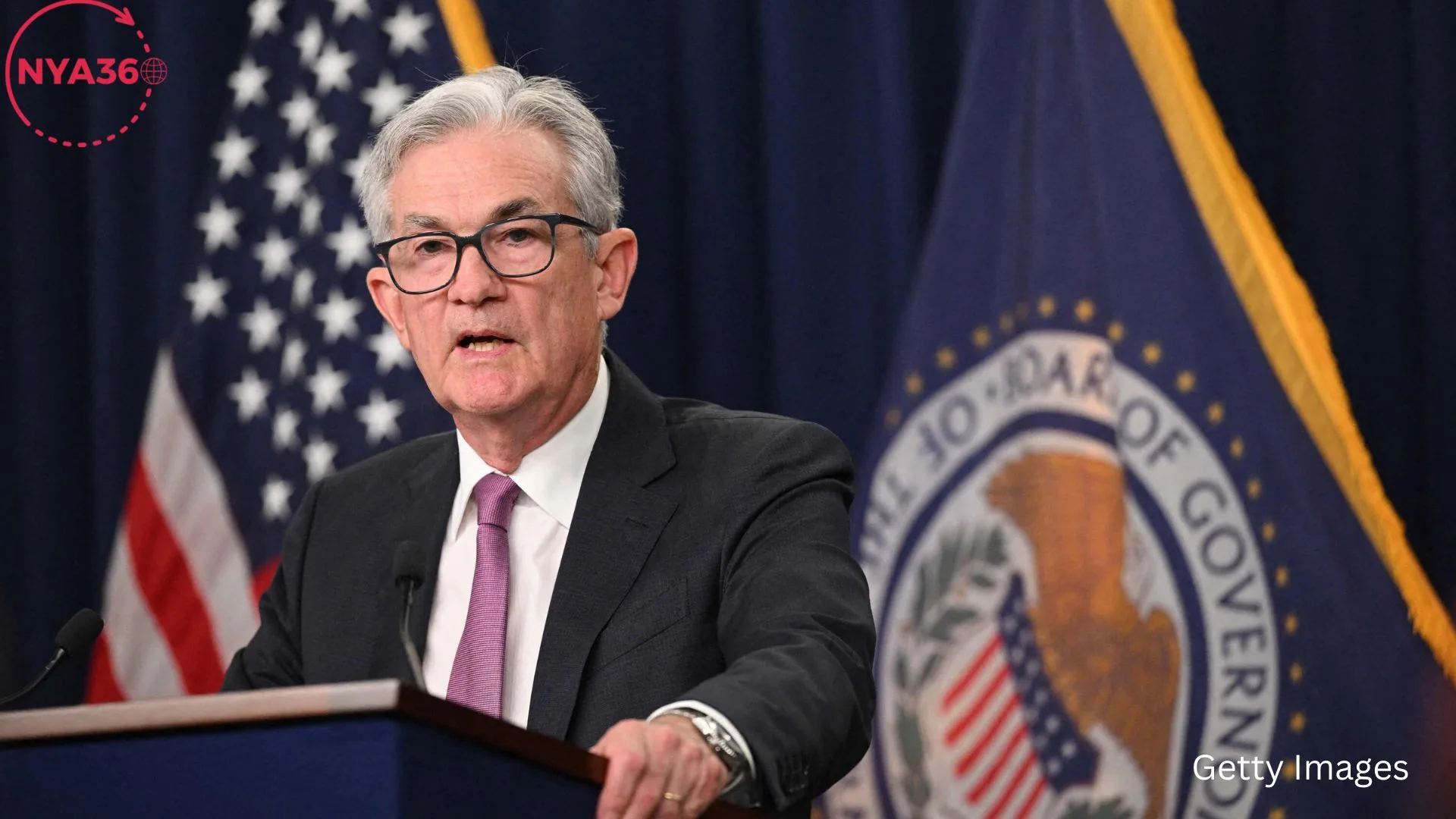Central banks are indicating their preparedness to implement emergency measures in response to imminent crises, reflecting increasing apprehension about the state of the global economy. The Federal Reserve in the United States has shown a readiness to implement interest rate reductions in the event of an increase in unemployment, while also suggesting a potential halt in efforts to combat inflation to strengthen the economy. Japan’s central bank, the Bank of Japan (BOJ), is making arrangements to interfere in currency markets to bolster the weakening yen. This will include selling billions of US dollars. These advancements emphasize the immediate and potentially dangerous state of the present economic climate.
The Federal Reserve’s position signifies a deviation from its conventional strategy, which has traditionally emphasized the management of inflation rather than the promotion of economic expansion. The central bank’s decision to halt the efforts to control inflation indicates an acknowledgment of the gravity of the economic difficulties confronting the United States, especially given the continuing COVID-19 outbreak and its resulting economic consequences. Given the persistently high unemployment rates and indications of a weakening recovery, the Federal Reserve is ready to implement significant measures to strengthen the economy and avert a further decline.
Nevertheless, the possibility of implementing emergency rate cuts and halting efforts to combat inflation has sparked apprehension among economists and officials. Skeptics contend that implementing such measures may result in excessive stimulation of the economy, so exacerbating inflationary forces and undermining the purchasing power of the currency. Furthermore, there is uncertainty regarding the Federal Reserve’s capacity to proficiently handle the intricate equilibrium between promoting economic expansion and managing inflation, which gives rise to doubts about the long-term viability of its strategy.

Meanwhile, in Japan, the Bank of Japan is confronting a distinct set of difficulties as it deals with a swiftly declining yen. The depreciation of the yen can be attributed to a confluence of factors, such as lackluster economic expansion, deflationary forces, and apprehensions regarding Japan’s escalating debt load. To mitigate these patterns and achieve stability in the currency, the BOJ intends to engage in currency market intervention by selling a substantial number of US dollars, thereby bolstering the value of the yen.
The action by the BOJ highlights the delicate state of Japan’s economy and the limited strategies available to the central bank to tackle the weakening of the yen. Given that interest rates are already at a very low level and fiscal policy measures have not been enough to boost economic development, currency intervention is one of the limited options that the Bank of Japan has left to use. Nevertheless, the efficacy of these policies is still questionable, and there are apprehensions that forceful intervention could provoke tensions with trading partners and worsen global currency imbalances.

Additionally, the Bank of Japan’s attempts to support the value of the yen may result in unforeseen repercussions for the worldwide economy, especially considering the interdependent nature of financial markets. An abrupt increase in the value of the yen has the potential to disrupt the movement of goods and services between countries, negatively impact the profits of businesses, and hinder progress towards achieving long-term economic stability. Therefore, policymakers must exercise caution and thoroughly evaluate the possible consequences of their decisions on both internal and international economic dynamics.
To summarize, the Federal Reserve’s indication of immediate reductions in interest rates and the BOJ’s intentions for currency intervention highlight the pressing and uncertain state of the present economic climate. Given the persistently high unemployment rates and the uncertain outlook for economic growth, central banks are increasingly under pressure to implement bold measures to bolster their respective economies. Nevertheless, the efficacy of these policies is still questionable, and policymakers must exercise caution to prevent unexpected repercussions and reduce the potential for additional economic instability.
Follow us on social media: Instagram, Threads & Twitter X @nya360_ YouTube & Facebook @nya360.





